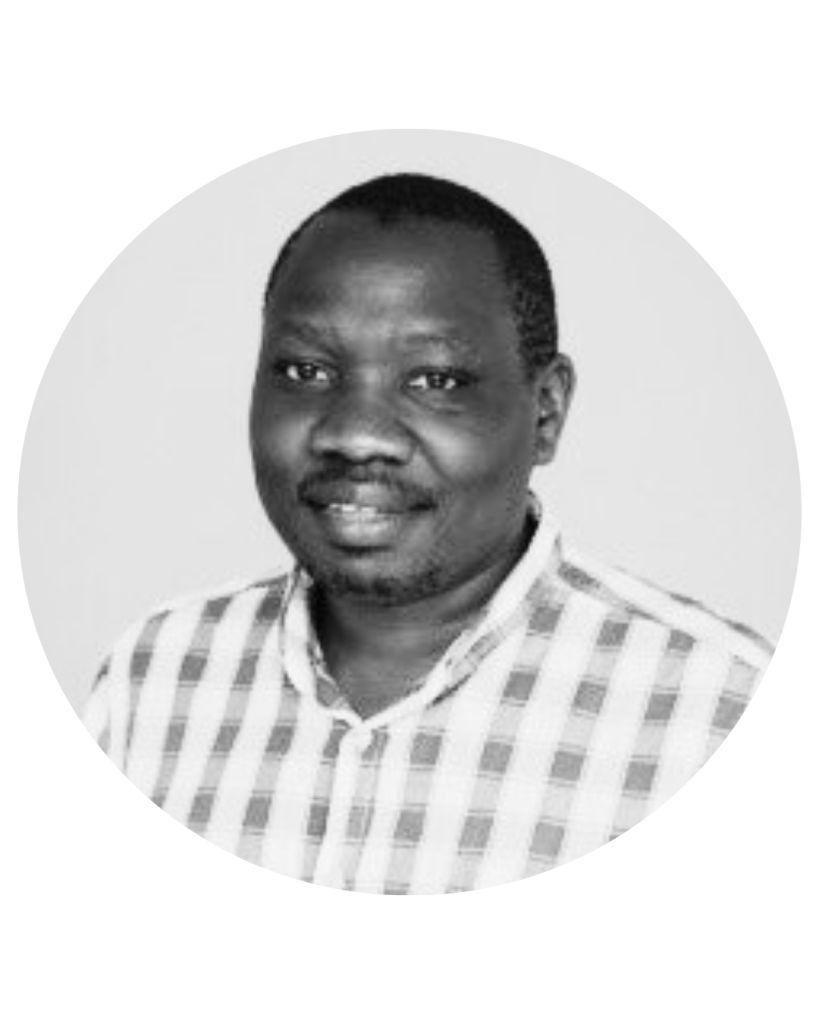Dr Levy Otwoma
Empowering Marine and National Conservation Initiatives for Protection, Awareness, and Transparent Engagement in Africa (EMANCIPATE)
For Kenyan marine biologist Dr Levy Otwoma, the future of conservation lies in something invisible to the eye but rich with possibility: the genetic code floating in seawater.
At a time when coastal ecosystems are collapsing and extinction rates are accelerating, Otwoma is leading a bold effort to empower African nations to take marine biodiversity monitoring into their own hands. His project, EMANCIPATE, will use cutting-edge third-generation DNA sequencing to analyse environmental DNA (eDNA) collected from seawater and sediment, providing a low-cost, highly accurate tool to detect fish biodiversity without ever catching a fish.
“Traditional biodiversity surveys tend to miss the smallest but ecologically important species,” he explains. “Using eDNA and portable sequencers, we can detect cryptic and elusive reef fish species that visual surveys typically overlook, giving us a far more complete picture of ecosystem health.”
The project is both scientific and strategic. By building regional capacity across Kenya, Mozambique, South Africa, Senegal, and Ghana, Otwoma aims to establish a robust African-led marine biodiversity data pipeline. This would reduce reliance on expensive foreign labs and help nations meet Sustainable Development Goal targets related to ocean protection and sustainable use.
“We’ve seen how delays and red tape in sending samples abroad hinder timely conservation decisions,” says Otwoma. “By investing in local sequencing and reference databases, African scientists and marine managers can respond faster and with more autonomy.”
Otwoma’s work builds on more than a decade of experience in marine biodiversity research across the Western Indian Ocean. One of his proudest contributions came when his findings on fish evolution and reef connectivity informed the redesign of marine protected areas (MPAs) between Kenya, Tanzania, and Mozambique, shifting the focus from national to transboundary management.
Recently, his lab in Kenya has been exploring eDNA as a biogeographic tool. But progress has been limited by one major gap: the lack of regionally relevant DNA reference libraries. “Without those, even the best sequencing technology struggles to identify what it finds,” he explains. That’s why a key goal of EMANICIPATE is to build the most comprehensive barcode library of reef fish in East Africa, unlocking new insights into species richness, distribution, and vulnerability.
If awarded the JWO grant, Otwoma plans to rally collaborators, train early-career scientists, and roll out real-time biodiversity monitoring in previously underexplored coastal regions. “This award would be a breakthrough, not just for my career, but for the capacity of African nations to lead their own conservation agendas,” he says.
Beyond the lab, Otwoma is driven by a simple but powerful urge: “I get up each morning with the goal of making a difference in marine conservation,” he says.
His fascination with fish and sea life started early, but so did his love of soccer and travel, which remain his weekend passions. Whether he’s collecting seawater or catching the latest match, Otwoma brings curiosity, purpose, and movement to everything he does.




